
10 Warning Signs It’s Time to Cut Back on Caffeine
10 Warning Signs You’re Consuming Too Much Caffeine
Caffeine is one of the world’s most popular stimulants, found in coffee, tea, chocolate, and energy drinks. For millions, it’s the go-to solution for early mornings and long workdays. In moderation, caffeine can boost focus, elevate mood, and even enhance physical performance.
However, when consumed in excess, caffeine can quietly harm your body and mind. Recognizing the signs that your system is overreacting is key to protecting your long-term health and restoring natural energy balance. Here are ten warning signs that it might be time to cut back on your caffeine intake — plus what to do instead.
1. Frequent Headaches
Caffeine can be both a remedy and a trigger for headaches. In small amounts, it constricts blood vessels and provides temporary relief — which is why it’s included in many pain relievers. But over time, regular caffeine intake can lead to rebound headaches when levels drop, as your body becomes dependent on its effects.
Missing your usual morning cup may result in dull, persistent pain, signaling caffeine withdrawal. Dehydration, another side effect of excessive caffeine, can worsen the problem. If headaches strike when you skip caffeine, it’s a sign your body may need a reset.
2. Muscle Twitches or Spasms
Caffeine stimulates your central nervous system, which is why it keeps you alert — but too much stimulation can cause your muscles to misfire. You might notice twitching eyelids, trembling hands, or leg spasms after several cups of coffee.
This happens because caffeine can interfere with electrolyte balance, especially magnesium and potassium, both essential for proper muscle function. If you experience these symptoms, hydrate well, stretch, and consider reducing caffeine gradually to allow your body to stabilize.
3. Heightened Anxiety or Nervousness
Caffeine works by blocking adenosine, a brain chemical that promotes calmness and rest. While this increases alertness, it also raises adrenaline and cortisol — stress hormones that prepare your body for “fight or flight.”
If you find yourself feeling on edge, shaky, or easily irritated after your usual coffee, your nervous system may be overstimulated. People with anxiety disorders or high stress levels are particularly sensitive to this effect. Try switching to green tea or decaf options, which contain calming compounds like L-theanine to counterbalance caffeine’s intensity.
4. Digestive Discomfort
Caffeine is acidic and can irritate the stomach lining and digestive tract, especially on an empty stomach. It also stimulates acid production, which can lead to heartburn, acid reflux, or nausea. Some people even report a coated or bitter taste on the tongue after consuming too much.
If you frequently experience these symptoms, consider pairing coffee with food, switching to cold brew (which is less acidic), or alternating with herbal teas to give your gut a break.
5. Dry or Flaky Scalp and Skin
Because caffeine is a diuretic, it increases urination and can deplete your body’s water reserves. This loss of hydration may affect not just your internal organs but also your skin and scalp.
A dry, itchy, or flaky scalp can signal that your body isn’t retaining enough moisture. Over time, this dehydration can also make your skin appear dull or tired. To counteract this, drink extra water throughout the day and consider reducing your caffeine intake to improve your body’s overall hydration balance.
6. Restless Legs Syndrome (RLS)
If you often feel an uncontrollable urge to move your legs — especially at night — caffeine could be worsening the problem. Studies show that caffeine’s stimulant effects may intensify Restless Legs Syndrome, disrupting sleep and increasing nighttime discomfort.
Cutting down on caffeine, particularly in the afternoon and evening, can help reduce these sensations and improve sleep quality.
7. Midday Energy Crashes
Caffeine gives an instant boost, but its effects fade quickly. After the initial surge of alertness, many experience a midday crash — fatigue, irritability, and difficulty concentrating.
This happens because caffeine masks your body’s natural fatigue signals, creating a cycle of dependency. The more caffeine you consume, the harder your body “crashes” afterward. Instead of reaching for another cup, try hydration, short walks, or protein-rich snacks to sustain energy more naturally.
8. Swelling or Inflammation
Though uncommon, some individuals may experience inflammatory responses to excessive caffeine. This can appear as puffiness, joint stiffness, or mild swelling in hands or feet.
In sensitive people, caffeine may act as a trigger for inflammation by activating stress pathways or interfering with immune regulation. Listening to your body — and tracking how you feel after caffeine — can help identify whether this stimulant plays a role in your symptoms.
9. Difficulty Sleeping or Insomnia
Caffeine has a half-life of 5–7 hours, meaning half of what you drink in the afternoon may still be active in your system at bedtime. It blocks adenosine receptors, keeping your brain alert and delaying deep sleep.
If you find it hard to fall or stay asleep, consider cutting caffeine after 2 p.m., switching to herbal teas like chamomile or rooibos. Poor sleep creates a vicious cycle — you wake up tired, drink more caffeine, and continue to disturb your body’s rest rhythm.
10. Rapid Heart Rate and High Blood Pressure
Caffeine can temporarily raise both heart rate and blood pressure, especially in sensitive individuals or those with cardiovascular conditions. While one cup of coffee rarely poses a danger, high intake (over 400 mg per day, roughly four cups) can stress the heart and lead to palpitations or dizziness.
If you notice a pounding heartbeat or shortness of breath after caffeine, consult your doctor and consider moderating your intake. Your heart will thank you.
Finding Balance with Caffeine
Caffeine, when enjoyed mindfully, can be part of a healthy lifestyle. The key is moderation and awareness. Most health experts recommend limiting daily caffeine to around 300–400 mg — about three 8-ounce cups of coffee.
If you experience any of the symptoms above, try reducing your intake slowly over a week or two to avoid withdrawal. Replace caffeine habits with healthier alternatives such as:
-
Green or herbal tea
-
Water infused with citrus or mint
-
Brief walks or stretching for energy boosts
Your body thrives on balance, and learning to listen to its subtle warning signs is one of the best investments you can make in your well-being.
News in the same category


Dead Butt Syndrome Is Real

A 3-Year-Old Girl Bit a Thermometer and Swallowed Mercury: A Mother’s Smart Reaction Saved Her Daughter’s Life and Earned the Doctor’s Praise
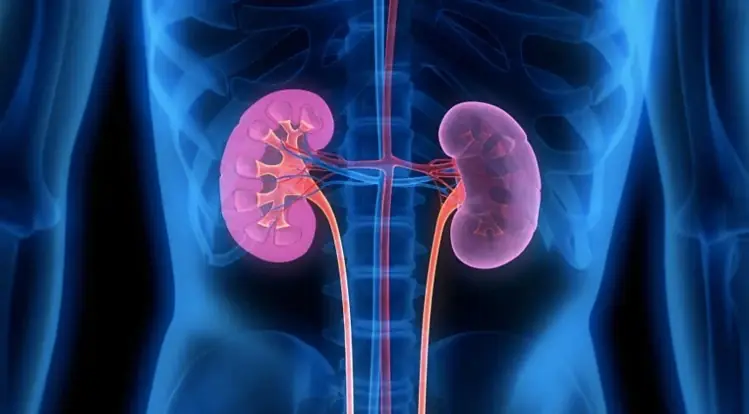
5 Signs of Kidney Failure That, If Ignored, Could Lead to a Lifetime of Dialysis
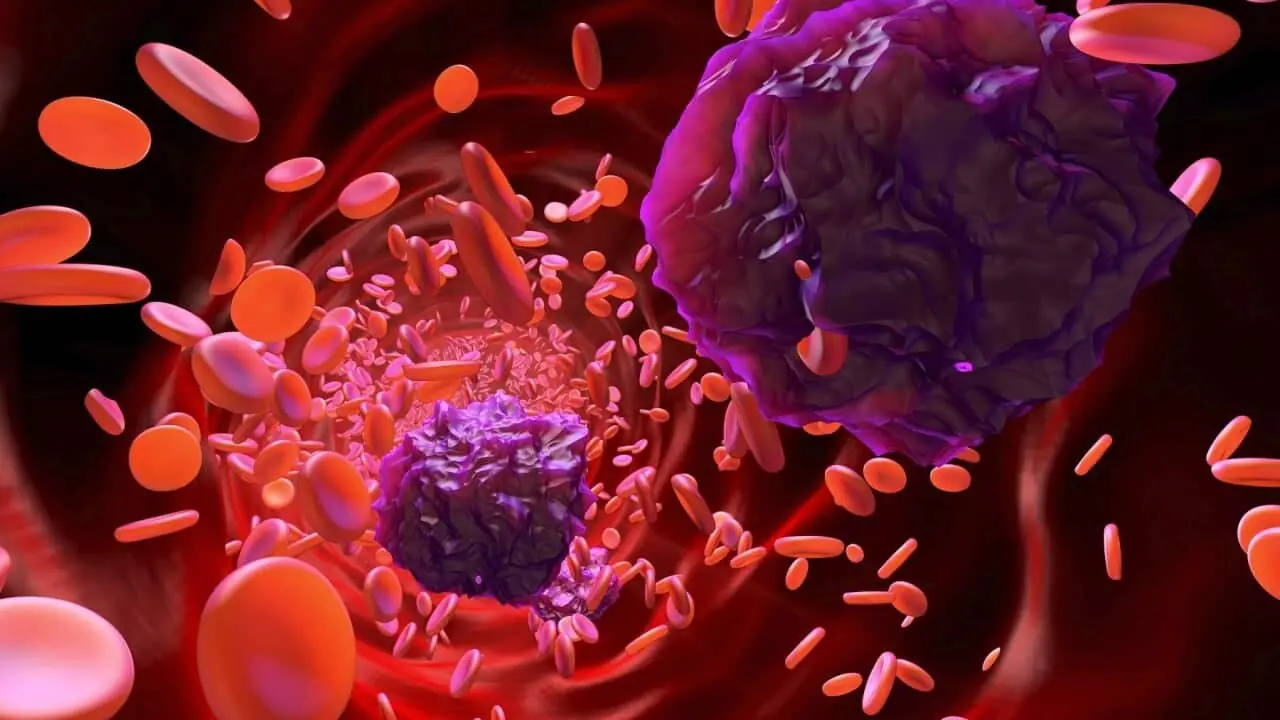
Is Cancer Hereditary? Useful Advice to Prevent the Growth of Cancer Cells

4 types of people who should avoid eating cucumbers

Legs Feeling Weak? These 3 Drinks Can Bring Back Your Strength

Mix These 3 Before Bed — They Help Heal Your Arteries While You Sleep
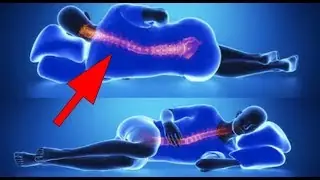
Stop Sleeping Like This — It’s Ruining Your Spine!
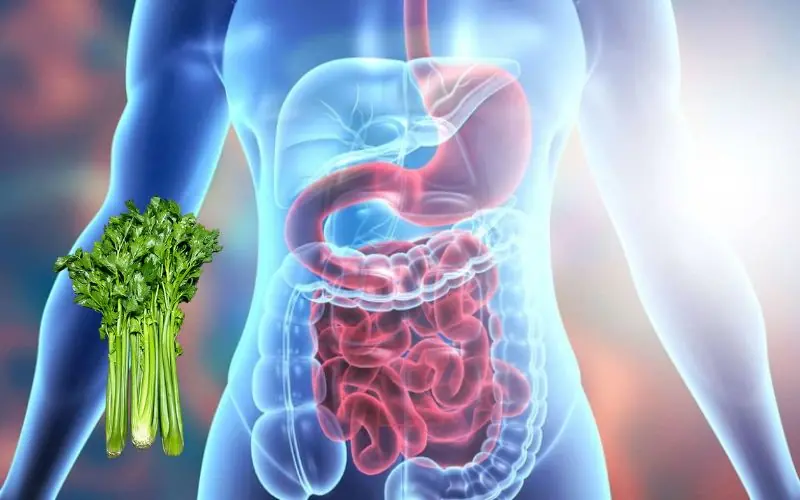
Eat Celery Regularly for a Healthier Digestive System and Lower Blood Sugar Levels
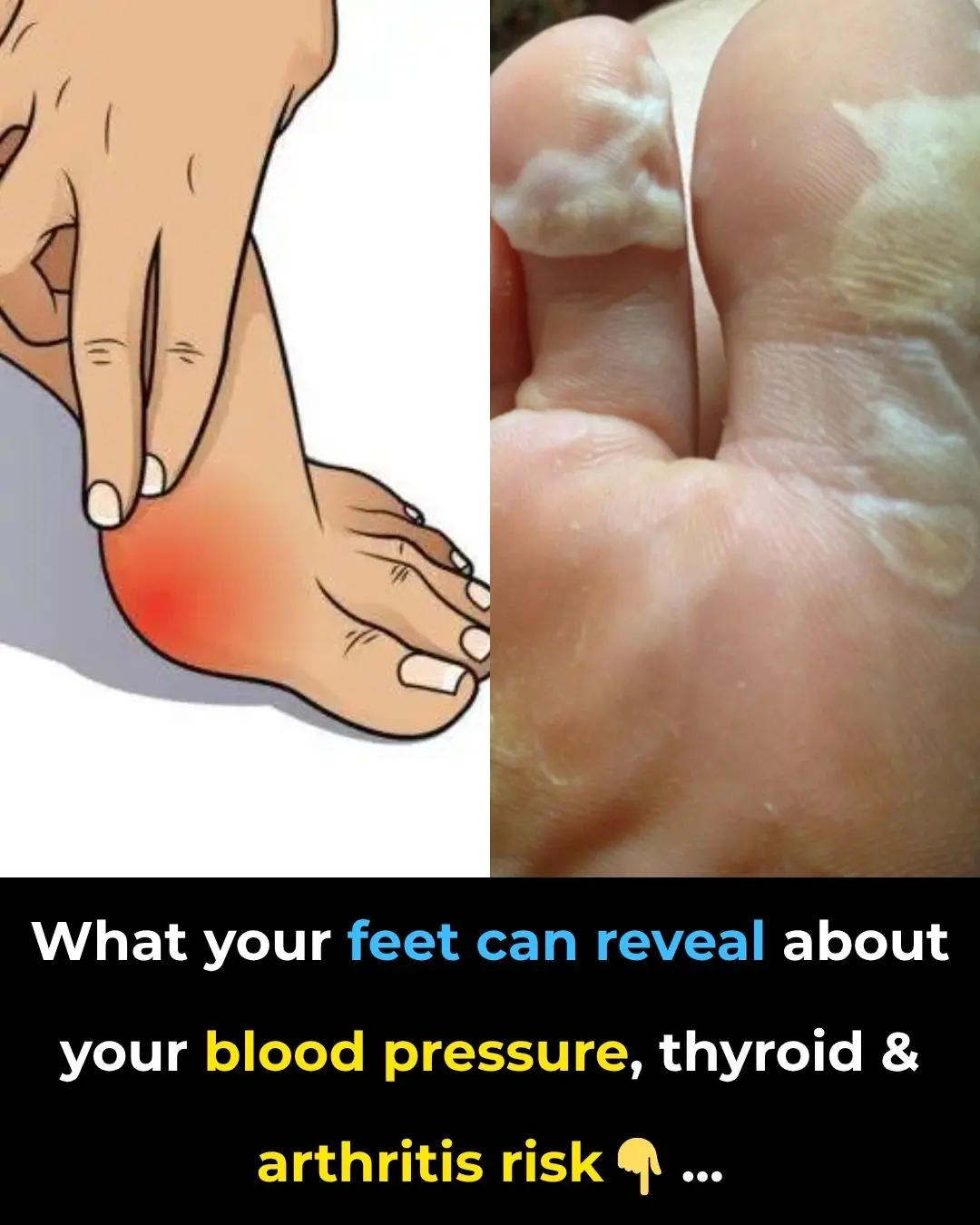
What Your Feet Can Reveal About Your Blood Pressure, Thyroid And Arthritis Risk

Stop Throwing Away Avocado Seeds: They’re Potent Cancer Fighters!

Why You Should Drink THIS Warm Turmeric Water In The Morning
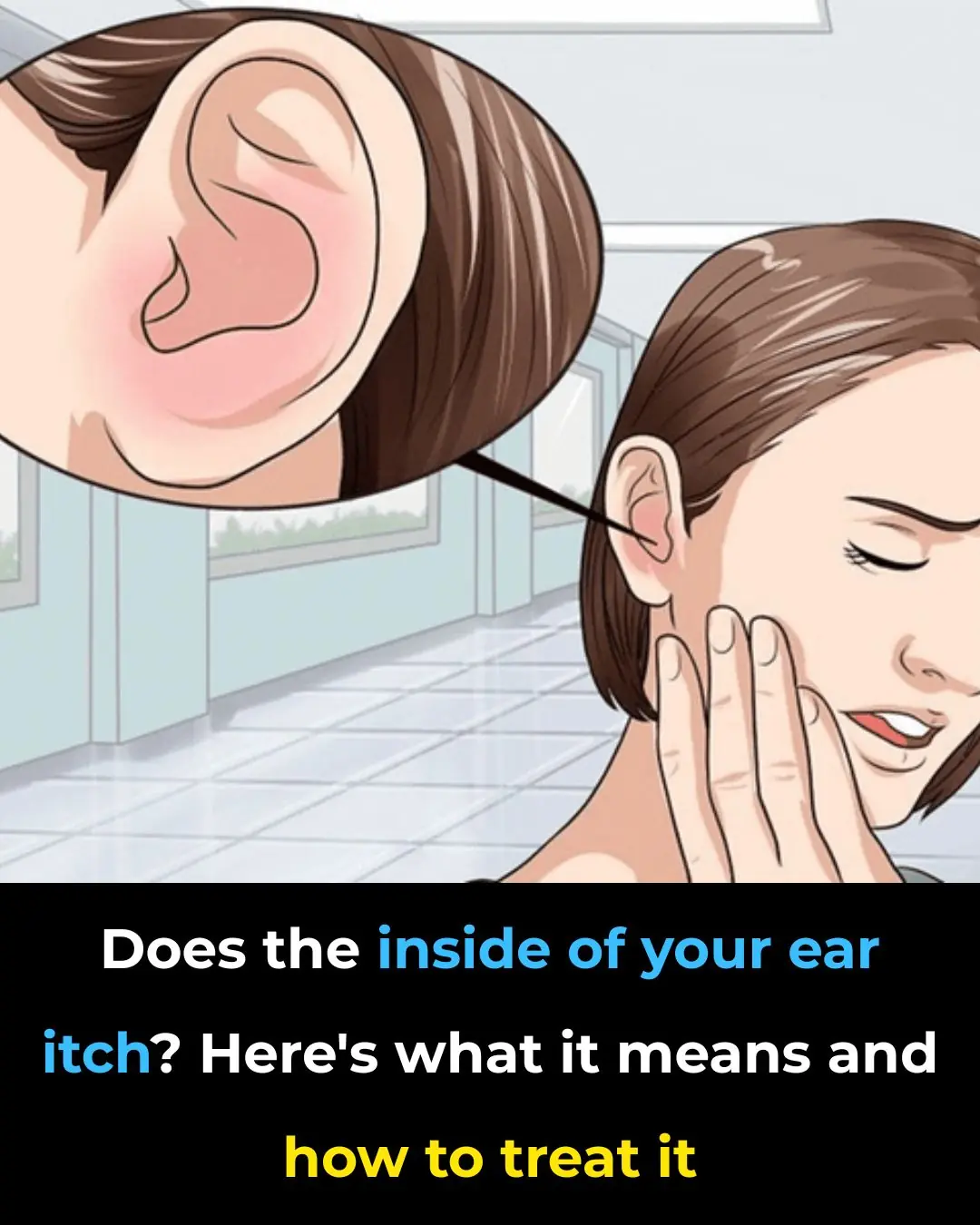
Does The Inside Of Your Ear Itch
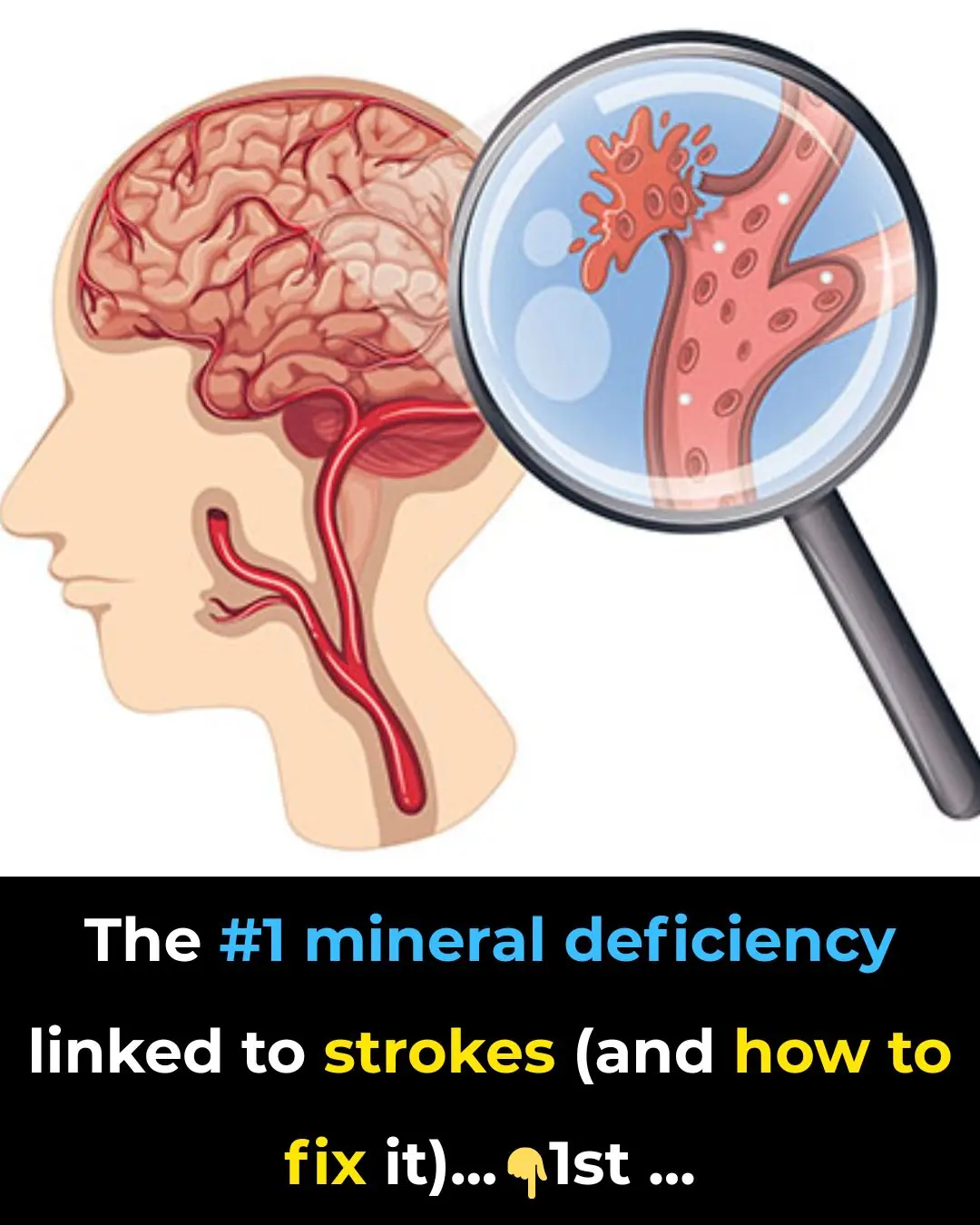
The #1 mineral deficiency linked to strokes (and how to fix it)

Top 8 vitamins that boost testosterone
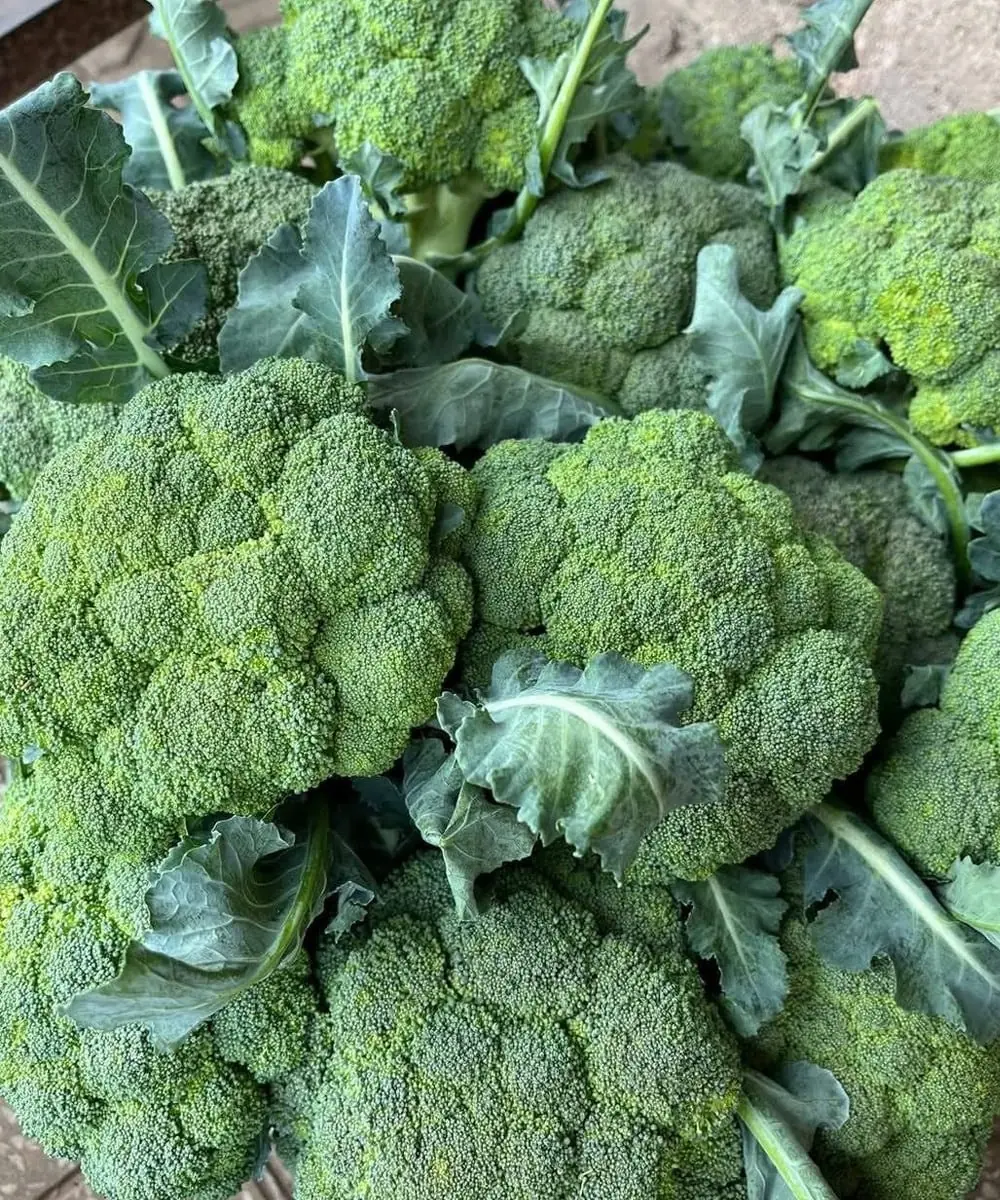
Is Broccoli Better Than Cauliflower? The Real Truth About Cancer Risk, Heart Health and More

Eat 3 dates daily and these 6 things will happen to your body!

What Your Belly Is Trying to Tell You
News Post

Popular Blood Pressure Drug Linked To Increased Risk of Skin And Lip Cancer

When making spring roll filling, remember 1 step carefully

Washing and conditioning hair with beer helps reduce hair loss and stimulates continuous hair growth

Soak your whole body with warm ginger water before going to bed.

Discover the Meaning of a Black Cat Approaching You

Add ice cubes to the bone broth

11 Benefits of Dandelion Roots

#1 Absolute Best Toenail Fungus Cure You Can Make at Home with Just 3 Ingredients

Banana Peel & Cornstarch: A Natural Skin Hack That Could Help You Look Younger
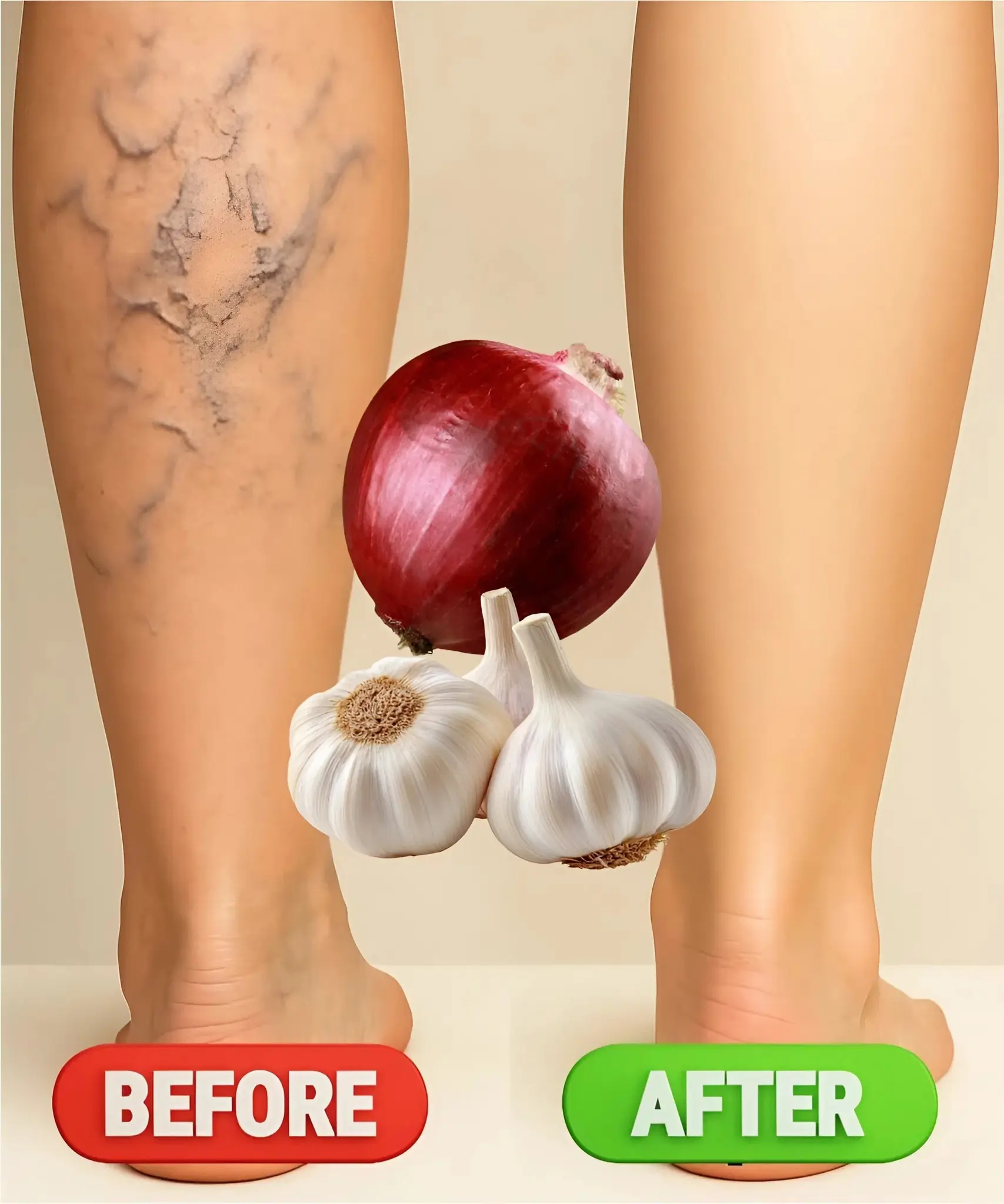
Homemade Remedies for Varicose Veins with Onion, Garlic, and Apple Cider Vinegar

Crema Casera con Vaselina que Rejuvenece la Piel al Instante

Top 5 Natural Remedies to Shrink Enlarged Pores and Achieve Smooth Skin

DIY Onion Sunflower Seed Oil: Get New Hair In Bald Patches

Homemade Carrot Oil for Glowing Skin: A Natural Solution for Dark Spots, Wrinkles & Anti-Aging

Glow Ice: Rice Water Cubes to Shrink Pores and Get Clear, Radiant Skin

The Body’s Intuition: Signs of an Impending End

When boiling sweet potatoes, don't just use water, add 1 spoon of this, every tuber will be soft and sweet

Stir-fried beef is tough: Add these 3 steps, the meat will be softer, sweeter, and tastier than in restaurants

The Shoes You Pick Reveal What Kind of Woman You Are
